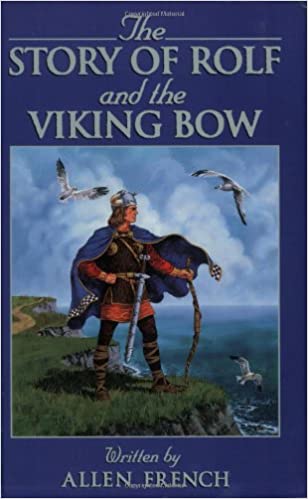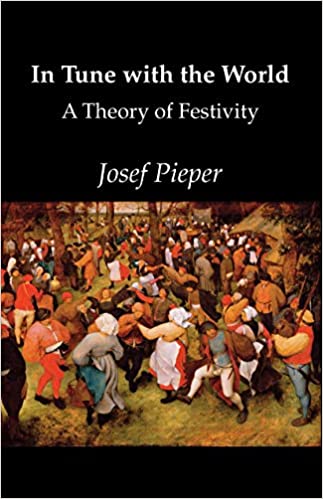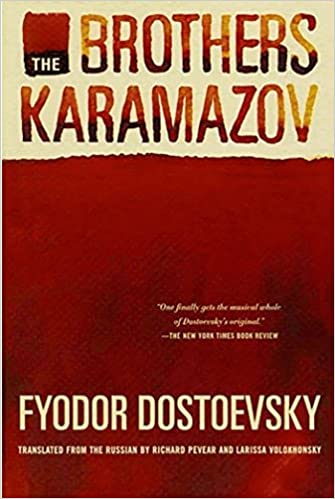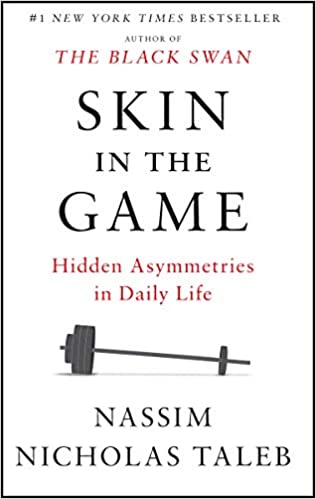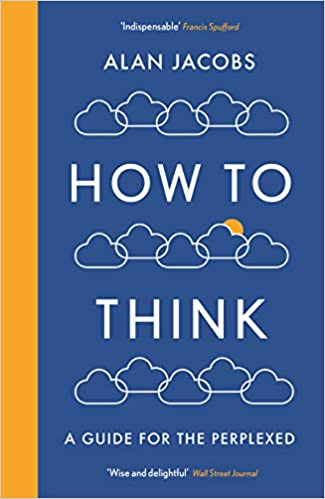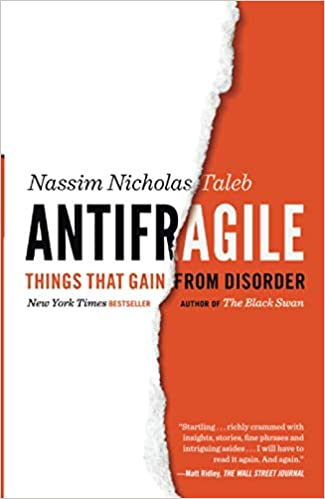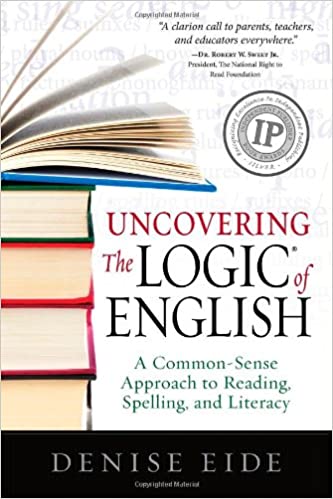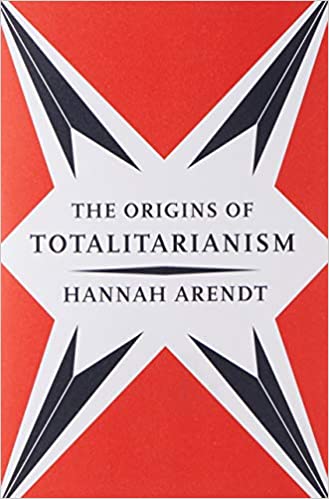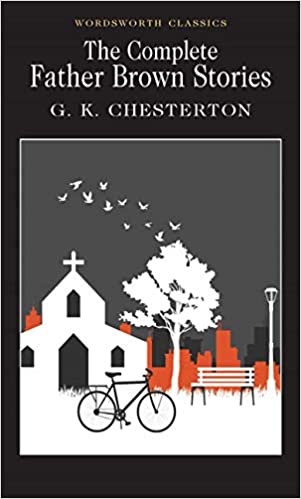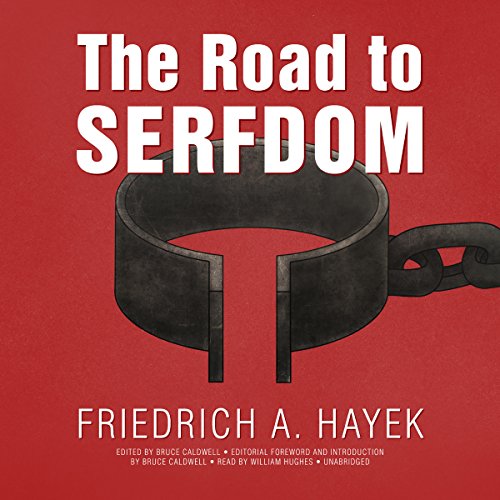The Story of Rolf and the Viking Bow (Living History Library)
Rolf, son of Hiarandi the Unlucky, is a character who exemplifies the effect of Christ's teachings upon the Icelandic people during their heroic age. The book is set in Iceland in the days when Christianity has come to the island though the old customs still linger. Hiarandi, at the urging of his wife, does an unprecedented thing: he lights a signal fire on a dangerous point of his land, thereby challenging the accepted custom which places lucrative salvage at higher value than the saving of life. However, the life that is saved that night causes his own death and the unjust outlawing of his son Rolf. Rolf's response to this injustice creates a suspenseful, thought-provoking tale difficult to put down.
More info →In Tune With The World: A Theory of Festivity
In this stimulating and still-timely study, Josef Pieper takes up a theme of paramount importance to his thinking – that festivals belong by rights among the great topics of philosophical discussion. As he develops his theory of festivity, the modern age comes under close and painful scrutiny. It is obvious that we no longer know what festivity is, namely, the celebration of existence under various symbols.
Pieper exposes the pseudo-festivals, in their harmless and their sinister forms: traditional feasts contaminated by commercialism; artificial holidays created in the interest of merchandisers; holidays by coercion, decreed by dictators the world over; festivals as military demonstrations; holidays empty of significance. And lastly we are given the apocalyptic vision of a nihilistic world which would seek its release not in festivities but in destruction.
Formulated with Pieper's customary clarity and elegance, enhanced by brilliantly chosen quotations, this is an illuminating contribution to the understanding of traditional and contemporary experience.
More info →The Didascalicon of Hugh of Saint Victor: A Guide to the Arts
The Brothers Karamazov
"The Brothers Karamasov is a murder mystery, a courtroom drama, and an exploration of erotic rivalry in a series of triangular love affairs involving the “wicked and sentimental” Fyodor Pavlovich Karamazov and his three sons―the impulsive and sensual Dmitri; the coldly rational Ivan; and the healthy, red-cheeked young novice Alyosha. Through the gripping events of their story, Dostoevsky portrays the whole of Russian life, is social and spiritual striving, in what was both the golden age and a tragic turning point in Russian culture.
This award-winning translation by Richard Pevear and Larissa Volokhonsky remains true to the verbal
inventiveness of Dostoevsky’s prose, preserving the multiple voices, the humor, and the surprising modernity of the original. It is an achievement worthy of Dostoevsky’s last and greatest novel."
Skin in the Game: Hidden Asymmetries in Daily Life
In his most provocative and practical book yet, one of the foremost thinkers of our time redefines what it means to understand the world, succeed in a profession, contribute to a fair and just society, detect nonsense, and influence others. Citing examples ranging from Hammurabi to Seneca, Antaeus the Giant to Donald Trump, Nassim Nicholas Taleb shows how the willingness to accept one’s own risks is an essential attribute of heroes, saints, and flourishing people in all walks of life.
More info →How To Think: A Guide for the Perplexed
How to Think is a contrarian treatise on why we're not as good at thinking as we assume - but how recovering this lost art can rescue our inner lives from the chaos of modern life.
Most of us don't want to think, writes the American essayist Alan Jacobs. Thinking is trouble. It can force us out of familiar, comforting habits, and it can complicate our relationships with like-minded friends. Finally, thinking is slow, and that's a problem when our habits of consuming information (mostly online) leave us lost in the echo chamber of social media, where speed and factionalism trump accuracy and nuance.
More info →The Liberal Arts Tradition: A Philosophy of Christian Classical Education (Revised Edition)
The Liberal Arts Tradition: A Philosophy of Christian Classical Education introduces readers to a paradigm for understanding a classical education that transcends the familiar 3-stage pattern of grammar, logic, and rhetoric. Instead, this book describes the liberal arts as a central part of a larger and more robust paradigm of classical education that should consist of piety, gymnastic, music, liberal arts, philosophy, and theology. The Liberal Arts Tradition also recovers the means by which classical educators developed more than just intellectual virtue (by means of the 7 liberal arts) but holistically cultivated the mind, body, will, and affections. This is a must-read for educators who want to take a second big step toward recovering the tradition of classical education.
More info →Antifragile: Things That Gain from Disorder
Antifragile is a standalone book in Nassim Nicholas Taleb’s landmark Incerto series, an investigation of opacity, luck, uncertainty, probability, human error, risk, and decision-making in a world we don’t understand. The other books in the series are Fooled by Randomness, The Black Swan, Skin in the Game, and The Bed of Procrustes.
More info →Uncovering the Logic of English: A Common-Sense Approach to Reading, Spelling, and Literacy
Discover this revolutionary method that Dr. Temple Grandin called "really helpful for teaching reading to children who are mathematical pattern thinkers..."
Predominant reading methods require students to break the complex code of English without help. This has resulted in low literacy rates and explains why many highly educated professionals cannot spell. By revealing the logical patterns underlying 98% of English words, Uncovering the Logic of English eliminates the need to guess and provides a logical solution to English spelling.
Simple answers are given for questions such as:
- Why is there a silent final E in have?
- Why don't we drop the E in noticeable?
- Why is discussion spelled with -sion rather than -tion?
As the rules unfold it becomes apparent how this knowledge is vital to reversing the educational crisis that is plaguing America. This slim volume is easy to read and accessible to parents and classroom teachers. A thorough appendix summarizes the most important concepts for quick reference.
More info →The Origins of Totalitarianism
The Origins of Totalitarianism begins with the rise of anti-Semitism in central and western Europe in the 1800s and continues with an examination of European colonial imperialism from 1884 to the outbreak of World War I. Arendt explores the institutions and operations of totalitarian movements, focusing on the two genuine forms of totalitarian government in our time—Nazi Germany and Stalinist Russia—which she adroitly recognizes were two sides of the same coin, rather than opposing philosophies of Right and Left. From this vantage point, she discusses the evolution of classes into masses, the role of propaganda in dealing with the nontotalitarian world, the use of terror, and the nature of isolation and loneliness as preconditions for total domination.
More info →The Complete Father Brown Stories
Father Brown, one of the most quirkily genial and lovable characters to emerge from English detective fiction, first made his appearance in The Innocence of Father Brown in 1911. That first collection of stories established G.K. Chesterton's kindly cleric in the front rank of eccentric sleuths. This complete collection contains all the favourite Father Brown stories, showing a quiet wit and compassion that has endeared him to many, whilst solving his mysteries by a mixture of imagination and a sympathetic worldliness in a totally believable manner.
More info →The Road to Serfdom
An unimpeachable classic work in political philosophy, intellectual and cultural history, and economics, The Road to Serfdom has inspired and infuriated politicians, scholars, and the public for half a century. Originally published in 1944 - when Eleanor Roosevelt supported the efforts of Stalin, and Albert Einstein subscribed lock, stock, and barrel to the socialist program - The Road to Serfdom was seen as heretical for its passionate warning against the dangers of state control over the means of production. For F. A. Hayek, the collectivist idea of empowering government with increasing economic control would lead not to a utopia but to the horrors of Nazi Germany and Fascist Italy. First published by the University of Chicago Press on September 18, 1944, The Road to Serfdom garnered immediate, widespread attention. The first printing of 2,000 copies was exhausted instantly, and within six months more than 30,000 books were sold. In April 1945, Reader's Digest published a condensed version of the book, and soon thereafter the Book-of-the-Month Club distributed this edition to more than 600,000 readers. A perennial best seller, the book has sold 400,000 copies in the United States alone and has been translated into more than 20 languages, along the way becoming one of the most important and influential books of the century. With this new edition, The Road to Serfdom takes its place in the series the Collected Works of F. A. Hayek. The volume includes a foreword by series editor and leading Hayek scholar Bruce Caldwell explaining the book's origins and publishing history and assessing common misinterpretations of Hayek's thought. Caldwell has also standardized and corrected Hayek's references and added helpful new explanatory notes. Supplemented with an appendix of related materials ranging from prepublication reports on the initial manuscript to forewords to earlier editions by John Chamberlain, Milton Friedman, and Hayek himself, this new edition of The Road to Serfdom is the definitive version of Hayek's enduring masterwork.
More info →
